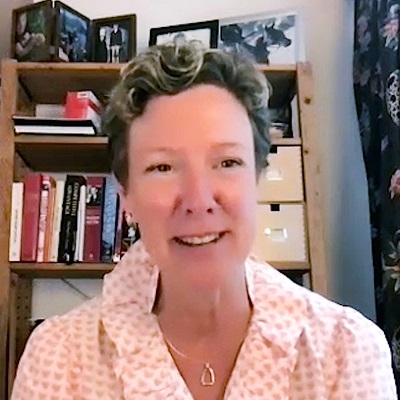October 4, 2022 -- The U.S. Food and Drug Administration (FDA) has elevated and reorganized its Office of Tissues and Advanced Therapies (OTAT) to a “Super Office” within the Center of Biologics Research and Evaluation (CBER) to meet its growing cell and gene therapy workload.
"With the current and anticipated increase in workloads, the proposed structural changes will improve functional alignment, increase review capabilities, and enhance expertise on new cell and gene therapies," the FDA announced last week in the Federal Register.
CBER's OTAT has been renamed the Office of Therapeutic Products (OTP) and is part of the FDA's commitments negotiated with industry under the Prescription Drug User Fee Act (PDUFA) VII agreement for fiscal years 2023-2027.
A report published last week by the Alliance for Regenerative Medicine (ARM) on the state of the cell and gene therapy industry noted that the upcoming reauthorization of PDUFA by the U.S. Congress "will provide vital funding for new personnel and programs to support FDA review of the coming wave of new therapies."
In its reorganization announcement, the FDA said that OTP's "additional supervisory positions will not only help to address this increased workload but will also provide advancement opportunities to facilitate recruitment and retention of highly qualified staff" as well as create "flexibility and capacity for future growth in Full-Time Employees (FTEs) and workload, avoiding the need for continual reorganizations."
The FDA also said in its announcement that OTP "will continue to see growth in the Regenerative Medicine Advanced Therapy (RMAT) program, established in the 21st Century Cures Act, in order to "advance the field and support the next generation of cell and gene therapies."
Under the RMAT program, managed by CBER, products granted designation are eligible for increased early interactions with the FDA, including all the benefits available to breakthrough therapies. The program, designed to expedite the drug development and review processes for promising pipeline products, covers therapeutic tissue engineering products, human cell and tissue products, and combination products, as well as gene therapies that lead to a durable modification of cells.
Dr. Peter Marks, PhD, director of CBER, will deliver a keynote address on October 12 about "Taking Cell and Gene Therapy to the Next Level" at ARM's 2022 Meeting on the Mesa in Carlsbad, California. Marks will also participate in a panel at the ARM meeting on the "Opportunities for Regulatory Convergence in Cell and Gene Therapy" with representatives from the European Medicines Agency and Japanese Pharmaceuticals and Medical Devices Agency.
Copyright © 2022 scienceboard.net










